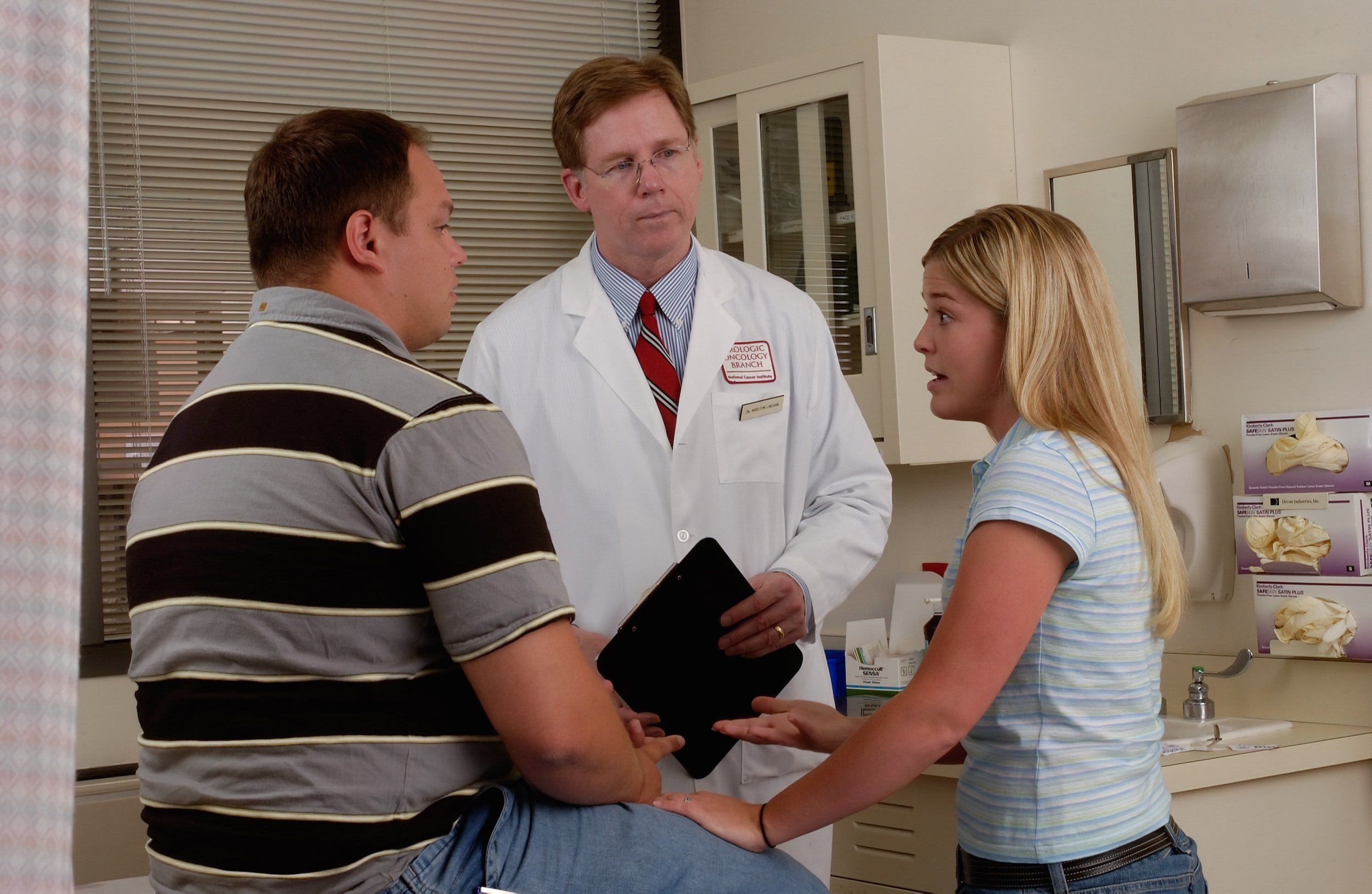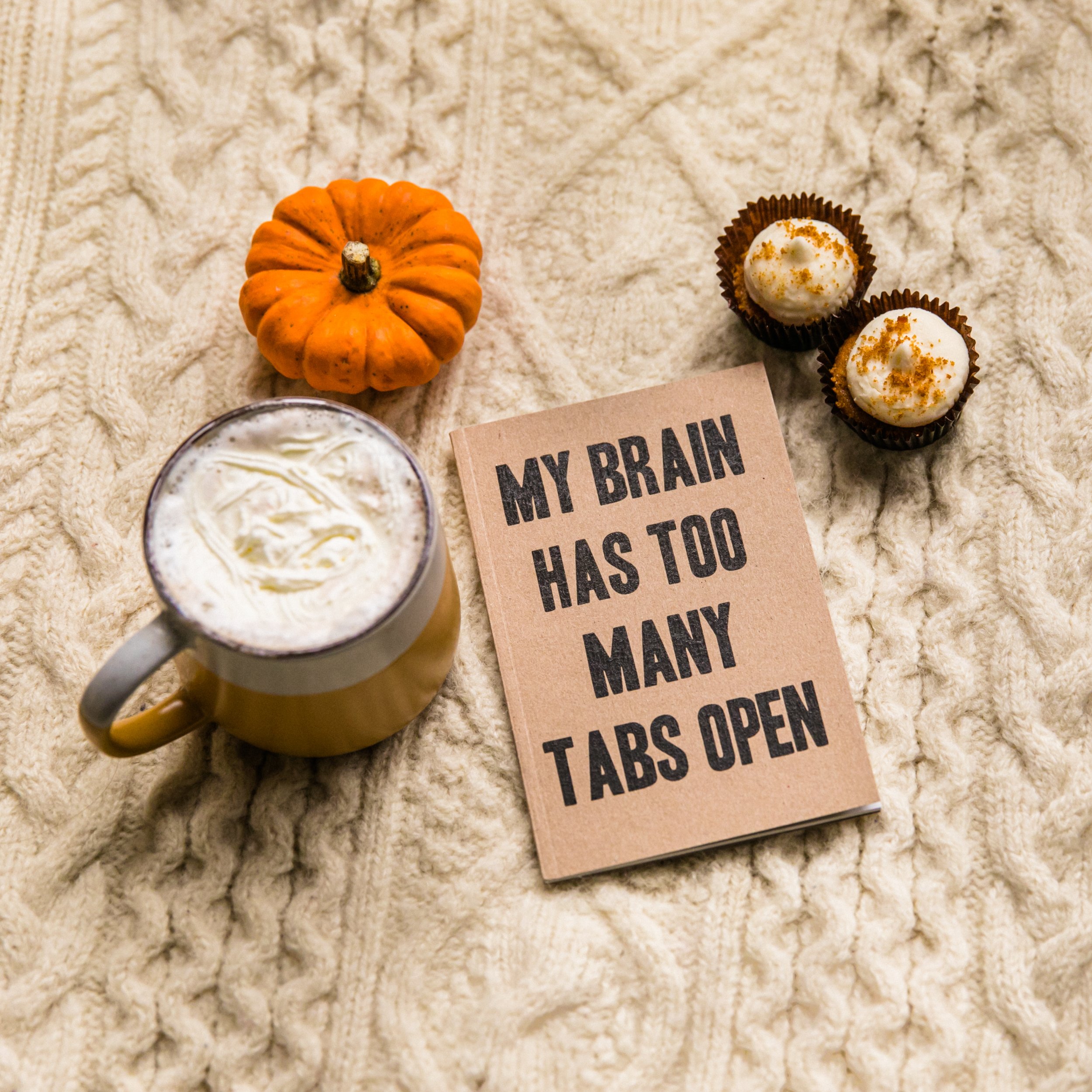Grief & Anxiety: Does Grief Increase the Feelings of Anxiety?
Grief and Anxiety: Does Grief Increase the Feelings of Anxiety?
If you talk to any person who has experienced grief, they may be unaware of how intertwined grief and anxiety are. Obviously, labeling the things we are feeling when a loved one dies isn’t incredibly high on the priority list. Some people may look back on their grief experience and have an “Aha” moment when they can see how much anxiety they were experiencing at the time. But it can be incredibly difficult to spot in the moment.
Grief & Anxiety are a Common Combination
Grief tends to come with a side of anxiety, no matter how we slice it. Loss reminds us how fragile life is and rattles our sense of safety and highlights how little control we have over life.
Any one of these things on their own would be enough to increase anxiety. Now, add grief into the mix and it’s a recipe for intense feelings of anxiety and grief.
Most of us feel increased stress as well, which really solidifies the link between the physical and emotional aspects of grief.
Anxiety is a Natural Response to Loss
Anxiety is a psychological experience; most often characterized by fear and worry and is also usually accompanied by physical symptoms. When we lose a loved one, it’s common for anxiety to increase and sometimes we aren’t even aware that it’s blending in with our grief.
When we are grieving, it is incredibly common to become fearful of losing our living loved ones and to also experience something called health anxiety.
Health Anxiety and Grief
Health anxiety essentially means becoming excessively worried about ones own health or the health of a loved one, most commonly to prevent death or illness.
We see health anxiety quite commonly in grievers who have lost their loved one to a health related condition.
Common examples of health anxiety in grievers:
Avoiding activities that can be seen as risky
Needing to know where your loved ones are at, at all times (tracking them on their phones)
Feeling a need to keep your other parent safe by attending all doctors appointments with them
Worried about each headache, body ache or cough.
Asking your doctor to run additional lab work or imaging on your self and or/loved ones.
Worrying that the doctor may have missed something
Constantly checking self / loved ones for signs of illness
All these behaviors are seeking some sort of control which we often lose when our loved ones die.
It’s Normal to Want to Avoid Grief
I want to take a moment to normalize this desire to feel like we have some sort of say over our lives. Grief truly turns our lives upside down in almost every way possible and it touches our core beliefs. Wanting to feel like we can prevent bad things from happening, wanting to avoid every losing another loved one and wanting to never go through the grief process again – it’s all completely normal!
We know that our brains turn to mush when we are grieving and that anxiety runs high. Our brains work best when we are able to make sense of things, which usually doesn’t happen when it comes to our loved ones dying. Our brains have a desire to connect the dots that there was a sequence of events and that is why X (painful event like loss) happened so that we can prevent those things from happening again.
But the truth is, we are all going to experience grief and you’re reading this page because you are in the deep throes of grief and anxiety right now and you’re probably looking for help.
Tips for Grievers to reduce Anxiety in Grief:
Label the Anxiety
Don’t dance around it. Call your anxiety exactly what it is. Learn about anxiety, the symptoms of anxiety and the most effective ways you respond to reducing symptoms of anxiety.
Connect with Other Grievers
Whether that means reaching out to other people you know that have also suffered loss, meeting others through survivors meetings, grief groups on Facebook or searching #Grief on things like Instagram or other social media platforms.
Seek Professional Help with Your Grief
Sometimes we become stuck in our grief. Or, we have too many things going on at one time. Setting time to speak with a mental health professional and have confidential therapy sessions are often times just the thing we need to do to help us become unstuck.
Remember Your Loved One for Who They Were
When a loved one dies, most of us will remember our loved ones with rose colored glasses. This is completely fine and normal. However, sometimes it’s helpful in the grief process to remember our loved ones for how they actually were. Maybe they burned more than their fair share of dinners, were a terrible driver or maybe they weren’t always the nicest person.
Prioritize Sleep
It’s common to have difficulty sleeping after a loved one dies. However, it’s important to remember that getting sleep helps our mind and body. We need it to let our brain “process” information and sort out all of the days activities. Therefore, sleep is extra important when you’re in the thick of grief. If possible, avoid caffeine to make it easier to fall asleep.
Exercise
You don’t have to run a marathon or go lift weights. Exercising doesn’t have to be intense. Although, if that’s your thing, go right ahead! Going for a walk, doing deep stretches, particularly in the areas of your body where you hold stress and tension can do your mind and body so much good.
Start Loss & Grief Counseling in the Bay Area
It’s normal to need support while you grieve. Loss hurts. And it’s also normal to experience an increase in anxiety. But a counselor can help you process what you’re feeling, reduce your anxiety and find your new “normal.” We specialize in grief counseling at Bay Area Therapy for Wellness. Stephanie, a grief counselor in the bay area, is here to listen to your story and support you through your grieving process. If you are ready for support for your grief follow these simple steps.
Reach out to Bay Area Therapy for Wellness to have a complimentary consultation.
Schedule your first appointment with Stephanie, a grief counselor.
Gain Support and stop feeling alone in your grief.
Mental Health in the San Francisco Bay Area
Bay Area Therapy for Wellness specializes in grief, complex grief, disenfranchised grief and so much more. Furthermore, as an online therapist in California, I offer caregiver support for caregiver stress, therapy for chronic illness, and family therapy. Lastly, I also offer general depression treatment and anxiety treatment. All of these services are available throughout California with Online therapy.




